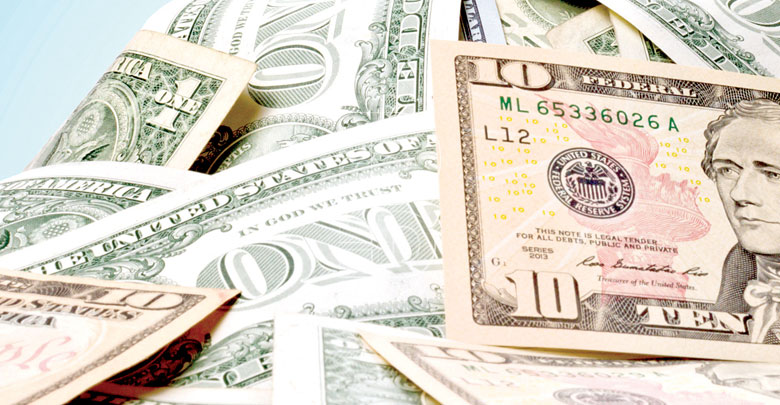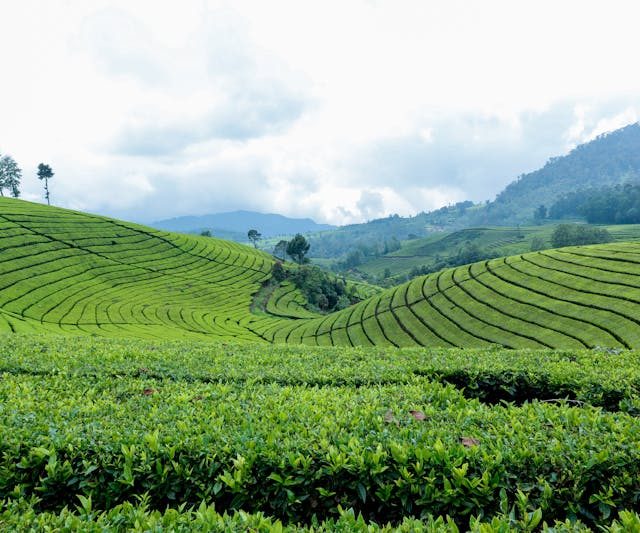Kenya spends half of exports income to service foreign debt

Almost half of Kenya’s earnings from exports goes towards servicing foreign debt, leaving the balance to take care of future imports, says a new report.
“For every dollar earned in exports, 47 US cents will go to service debt, leaving only 53 US cents to pay for essential imports,” said the report by Amana Capital.
This is informed by the fact that Kenya’s ability to service external debt compared to exports ratio stood at 40.5 per cent as at June 2018 and is projected to hit 47 per cent in 2019.
Keeping in mind that imports are three times higher than exports, the report added, the 53 cents will not even be enough to pay for imports, which means that the debt problem will not end as the government will be forced to borrow to pay for every foreign maturing debt.
The economic outlook report which was released amid soaring debt points to tougher times ahead for the economy as debt hit Sh5.8 trillion in June 2019 from Sh5.6 trillion in May and Sh5.6 trillion in April.
Latest Central Bank of Kenya (CBK) weekly estimates external debt payable in foreign currency shot to Sh3.02 trillion from Sh2.83 trillion in May as domestic debt hit Sh2.79 trillion from Sh2.77 trillion.
About 34.6 per cent of the external debt is on commercial terms making it a more expensive debt. However, even the tenures of Kenya’s debt are not congruent with the maturity of the projects being invested in.
“Sixty-six per cent of Kenya’s debt has an average maturity of less than five years and 87 per cent less than 10 years,” reads the report in part.
Domestic debt maturity is about four years which means there is a huge burden created on debt repayment, since they will be due before any of the projects starts generating revenue which can be used to pay for the debt.
Samwel Nyandemo, an economics lecturer at the University of Nairobi terms the revelations catastrophic, given dwindling fortunes in earnings from exports such as coffee and tea which are projected to dip due to troubled markets and a glut.
Agriculture and Food Authority (AFA) said returns from coffee for the year ending September 30 is projected to hit Sh20 billion down from Sh23 billion in the 2017/18 year while the East African Tea Trade Association (EATTA) warned of a slump in tea prices due to excess supplies and weak demand in the main export markets.
“This is catastrophic, going by Sh5.8 trillion debt, we are going to spend to the tune of 64 per cent of the total gross domestic product to service debt,” he said.
This gives the country a balance of 36 per cent which will go towards development and recurrent expenditure.
Dollar earnings
“With little room for expenditure and low dollar earnings, this will push us to the market for more borrowing unfortunately,” he said. Independent Analyst John Kirimi said he does not see a possible rebound in exports.
“With trouble in Pakistan and Sudan, US on Iran’s case and bad elements causing fracas in Kenya’s tourism hub (Mombasa), I don’t see an improvement in these sectors in the short term,” he said. Kirimi said all these compounded with increased borrowings and troubled leadership at Treasury will impact on the economy.
Nyandemo advised that Kenya must urgently cut down on public expenditure and minimise wastage and use part of the recoveries from corruption to cushion the deficit in expenditure.
“You touch the IMF facility as a last resort, but at Sh5.8 trillion, we are headed there,” he said.
Amana Capital tips CBK’s negotiations with the IMF for a foreign-exchange standby facility to ease pressure on the shilling as being “a high likelihood.” It said though CBK will continue managing the shilling, this will come at a cost of continually borrowing in dollars to beef up reserves.






